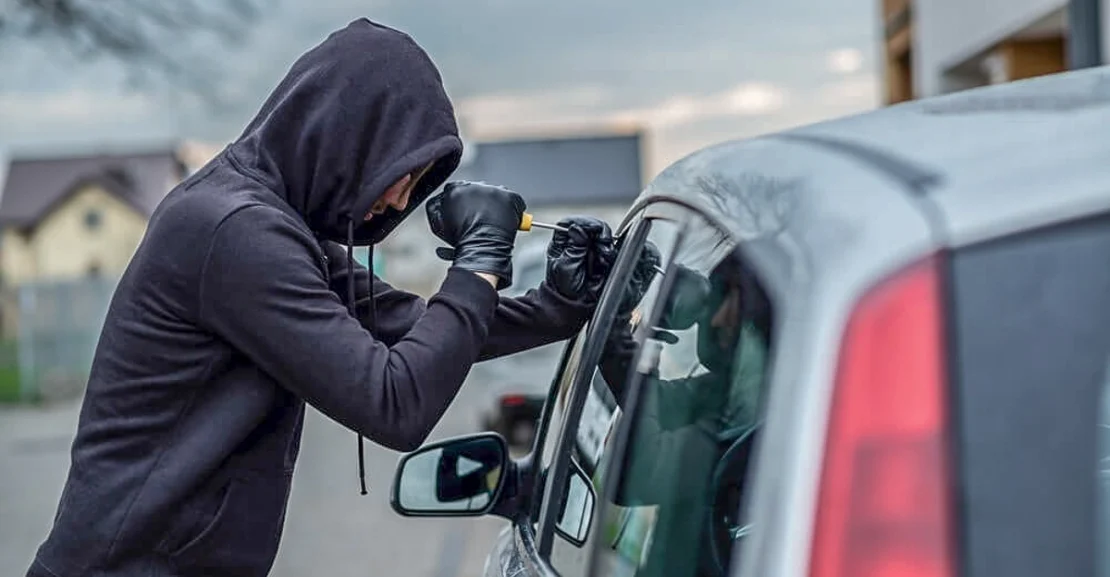As you ponder how to check if a car is stolen in Nigeria, you should know that purchasing a vehicle is a big financial commitment. This means that the last thing any new owner wants to find out is if their brand-new vehicle is stolen.
Regrettably, car theft continues to be a problem in many countries, including Nigeria. This is why it is imperative to conduct a comprehensive inspection before completing the car purchase transaction. This is to safeguard yourself against the potential financial and legal consequences of buying a stolen car.
Are you concerned about how to check if a car is stolen in Nigeria? Below are the procedures to follow in Nigeria to find out if a car is stolen.
READ ALSO:
- What to Do if Car Papers are Lost
- Can a Car be Registered Twice in Nigeria?
- What are the Complete Vehicle Papers in Nigeria?
- What is the Cost of Change Ownership of a Car in Nigeria?
- How to Obtain New Proof of Ownership in Nigeria
- How to Check Registered Plate Numbers in Nigeria?
How to Check if a Car is Stolen
1. Confirm the VIN (Vehicle Identification Number)
Every car is given a unique designation during manufacturing number known as the Vehicle Identification Number (VIN).
This number can be used to follow the history of the vehicle. Also, it offers important details about it. Here’s how to utilize a car’s VIN to determine whether it was stolen:
- Find the VIN: Usually, the driver’s side door frame, the engine block, or the dashboard near the windshield are where you can find the VIN.
- Consult the National Bureau of Statistics (NBS) to verify the VIN: In Nigeria, a database of registered cars is kept up to date by the NBS. To look for any anomalies, you might ask for details regarding the VIN.
- Utilize VIN Check Services Online: You may enter the VIN into several internet services to get a complete report about the history of the car, including whether or not it has been reported stolen.
2. Verify Registration Records Again
The registration papers for the car are still another important element of the puzzle. The roadworthiness certificate, insurance documentation, and the certificate of vehicle registration are among these documents. Observe the following:
- Maintain Uniformity: Every document should carry the same VIN, engine number, and chassis number displayed. Any differences could point to a concern.
- Check the legitimacy: Consult the appropriate authorities to verify the legitimacy of the registration paperwork. To confirm these documents, you can go to the Vehicle Inspection Office (VIO) or the Federal Road Safety Corps (FRSC) in Nigeria.
3. Verify with the NPF (Nigerian Police Force)
There is a database of stolen cars kept up to date by the Nigeria Police Force. To find out if the vehicle you are thinking about has been reported stolen, you can get in touch with the police. Here’s how to do it:
- Go to the Police Station in Your Area: Give the police the vehicle’s VIN and registration information so they can compare it to their database of reported stolen cars.
- Utilize the Police Portal Online: You can check a vehicle’s status online using the NPF portal. To find out if the vehicle has been reported stolen, enter the required information.
4. Carry Out a Visual Examination
Upon conducting a physical examination of the vehicle, one may notice indicators that indicate the possibility of theft. One should be on the lookout for:
- A Tampered or Replacement VIN Plate: One of the most reliable signs of a stolen car is a modified VIN.
- Modified Chassis Numbers and Engine: Verify that the engine and chassis numbers are accurate and have not been changed from those on the registration documentation.
Observe for indications of forced entry or damage, as these could be clues that the vehicle was taken.
5. Make Use of Outside Inspection Services
Vehicle authenticity is the area of expertise for certain third-party inspection services. These services can offer a thorough history and condition examination of the vehicle.
They typically provide thorough reports with checks. This is on the status of stolen vehicles, past collisions, and other information.
6. Verify the Seller’s Background
Finally, investigate the seller’s background. This might give you information about their legitimacy and assist you in avoiding such frauds.
Here’s how to do it:
- Confirm the Identity of the Seller: Make sure the seller’s name matches the name on the registration documents and request a government-issued ID.
- Examine the Seller’s Reputation: When buying from a dealer, use internet reviews and ratings to assess the dealer’s reputation. Also, request references and past sales data from private vendors.
READ ALSO:
- How to Check Car Papers Online in Nigeria
- Steps to Renewal of Car Papers in Nigeria
- How Much to Renew Car Papers in Abuja?
- How Much to Renew Car Papers in Lagos in 2024?
- Fine for Expired Car Papers in Nigeria 2024
- How to Get Car Papers if Lost in Nigeria
In Summary
When buying, you must confirm that the car is not stolen to prevent financial loss and legal issues.
These guidelines can help lower your chances of purchasing a stolen car in Nigeria. Whenever possible, give these inspections your full attention; if in doubt, get expert help. Your research can protect your investment and spare you from future hassles.




